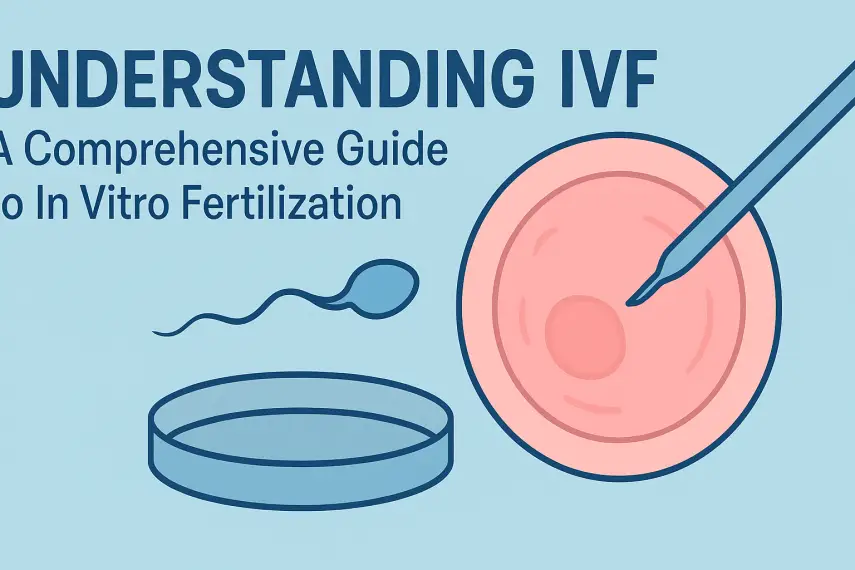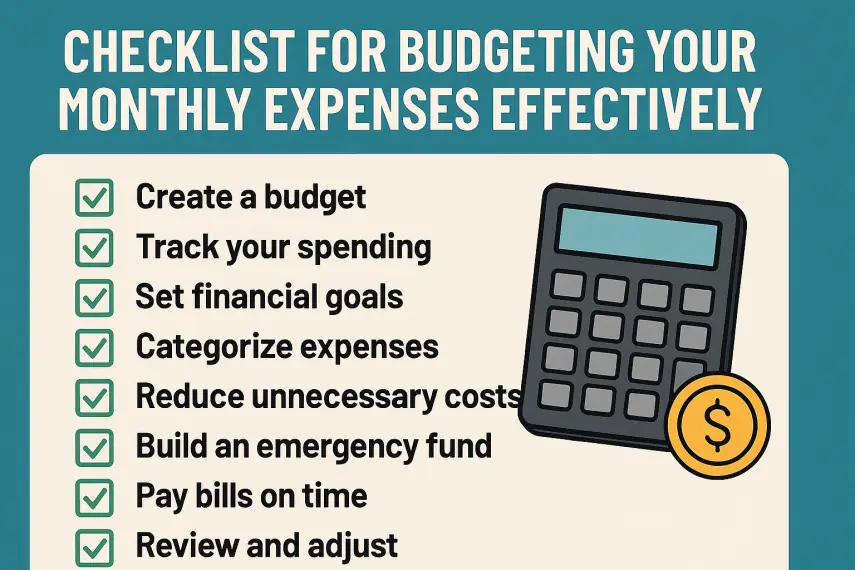
Pregnancy Guide: Stages, Symptoms, and Tips for a Healthy Journey
📑 Contents
Pregnancy Guide: Stages, Symptoms, and Tips for a Healthy Journey
Pregnancy is a remarkable journey filled with excitement, change, and anticipation. Whether you're expecting your first child or expanding your family, understanding the stages of pregnancy, recognizing symptoms, and following best practices for health and well-being are crucial. This guide provides up-to-date, practical information to help you navigate pregnancy with confidence.
Understanding the Stages of Pregnancy

Pregnancy is typically divided into three trimesters, each with unique developments and experiences. Knowing what to expect during each stage can help you prepare and take proactive steps for a smooth pregnancy.
| Trimester | Weeks | Key Developments |
|---|---|---|
| First Trimester | Weeks 1–12 | Organ formation, heartbeat begins, morning sickness common |
| Second Trimester | Weeks 13–26 | Rapid growth, movement felt, anatomy scan performed |
| Third Trimester | Weeks 27–40 | Weight gain, final organ maturation, preparations for birth |
Common Pregnancy Symptoms

Every pregnancy is unique, but many women experience a range of physical and emotional symptoms. Understanding these can help you manage expectations and know when to seek medical advice.
First Trimester Symptoms
- Morning Sickness: Nausea and vomiting, often worst in the morning but can occur anytime.
- Fatigue: Increased sleepiness due to hormonal changes.
- Frequent Urination: The growing uterus puts pressure on your bladder.
- Breast Changes: Tenderness and swelling as your body prepares for breastfeeding.
- Mood Swings: Emotional ups and downs are common.
Second Trimester Symptoms
- Decreased Nausea: Many women feel better as morning sickness subsides.
- Abdominal Growth: The belly expands as the baby grows.
- Quickening: First movements of the baby are felt.
- Skin Changes: Stretch marks, darkening of the skin, and “pregnancy glow.”
Third Trimester Symptoms
- Back Pain: Increased weight and shifting posture can cause discomfort.
- Swelling: Feet, ankles, and hands may swell due to fluid retention.
- Shortness of Breath: The uterus pushes against the diaphragm.
- Braxton Hicks Contractions: “Practice” contractions as the body prepares for labor.
Prenatal Care: Why It Matters

Prenatal care is essential for monitoring the health of both mother and baby. Regular check-ups help detect and prevent complications, ensure proper fetal development, and provide guidance for a healthy pregnancy.
Key Components of Prenatal Care
- Initial Assessment: Includes medical history, physical exam, and blood tests.
- Routine Check-Ups: Monitor blood pressure, weight, fetal growth, and heartbeat.
- Ultrasound Scans: Check for healthy development and screen for abnormalities.
- Blood Tests: Screen for anemia, gestational diabetes, and infections.
- Vaccinations: Certain vaccines, like flu and Tdap, are recommended during pregnancy.
Nutrition and Lifestyle Tips for a Healthy Pregnancy
Good nutrition and healthy habits play a vital role in supporting your baby’s growth and your own well-being. Here are important tips to follow:
Recommended Foods
- Fruits and vegetables (aim for a variety of colors)
- Whole grains (brown rice, oats, whole wheat bread)
- Lean proteins (chicken, fish, beans, tofu)
- Dairy or fortified plant-based alternatives
- Healthy fats (avocado, nuts, olive oil)
Foods to Avoid
- Raw or undercooked meats and eggs
- Unpasteurized dairy products
- Certain fish high in mercury (shark, swordfish, king mackerel)
- Deli meats unless heated until steaming hot
- Alcohol and excessive caffeine
Lifestyle Recommendations
- Stay physically active with doctor-approved exercises (walking, swimming, prenatal yoga)
- Get adequate sleep (7–9 hours per night)
- Stay hydrated by drinking plenty of water
- Take prenatal vitamins with folic acid and iron
- Avoid smoking, secondhand smoke, and illicit drugs
Preparing for Labor and Delivery
As your due date approaches, preparing for labor and delivery can help reduce anxiety and ensure a smoother experience.
Key Steps to Prepare
- Birth Plan: Discuss your preferences for pain relief, labor positions, and who will be present.
- Packing a Hospital Bag: Include essentials like comfortable clothes, toiletries, and baby items.
- Attending Childbirth Classes: Learn about the stages of labor, breathing techniques, and postpartum care.
- Know the Signs of Labor: Regular contractions, water breaking, and lower back pain are common indicators.
Common Pregnancy Concerns and When to Call Your Doctor
While many symptoms are normal, some require immediate medical attention. Knowing the warning signs can protect your health and your baby’s.
Warning Signs to Watch For
- Severe abdominal pain or cramping
- Heavy bleeding or passing clots
- Severe headache, vision changes, or sudden swelling
- Decreased fetal movement after 28 weeks
- Signs of preterm labor (before 37 weeks): regular contractions, back pain, pelvic pressure
If you experience any of these symptoms, contact your healthcare provider promptly.
Frequently Asked Questions (FAQs)
1. How much weight should I gain during pregnancy?
Weight gain recommendations depend on your pre-pregnancy BMI. On average, women of normal weight should gain 25–35 pounds (11–16 kg) over the course of pregnancy. Your healthcare provider will give personalized guidance.
2. Can I exercise during pregnancy?
Yes, most women can continue moderate exercise with their doctor’s approval. Activities like walking, swimming, and prenatal yoga are generally safe. Avoid contact sports and exercises with a high risk of falling.
3. What prenatal vitamins should I take?
Prenatal vitamins should contain folic acid, iron, calcium, and vitamin D. Folic acid is especially important in the first trimester to prevent neural tube defects.
4. Is it safe to travel during pregnancy?
Travel is generally safe for most women until the last few weeks of pregnancy. Always consult your healthcare provider, stay hydrated, and move frequently if traveling long distances.
5. How do I know if I’m in labor?
Signs of labor include regular, painful contractions that get closer together, water breaking, and lower back pain. If you’re unsure, contact your hospital or healthcare provider for advice.
Summary
Pregnancy is a unique and transformative experience. By understanding the stages, recognizing symptoms, attending regular prenatal care, maintaining a healthy lifestyle, and preparing for labor, you can help ensure a healthy pregnancy for you and your baby. Always consult your healthcare provider with any concerns and rely on trusted sources for advice. With preparation and support, you can approach this journey with confidence and joy.











